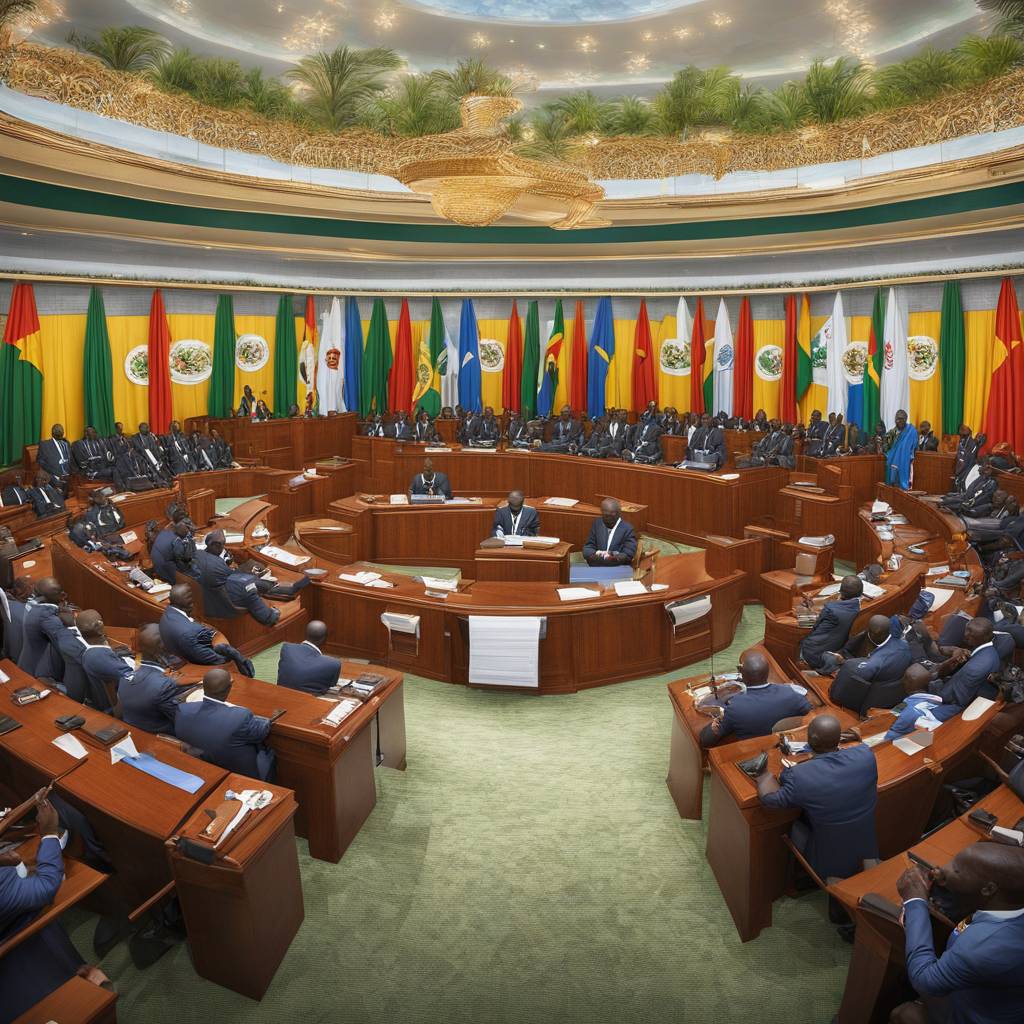Togolese lawmakers recently approved a new constitution that transitions the country from a presidential to a parliamentary system. This change grants parliament the authority to select the president, who will serve a single six-year term chosen by lawmakers without public debate. The vote, which passed with 89 in favor, one against, and one abstention, occurred shortly before the upcoming legislative elections. The effective date of this change remains unknown at this time, but it marks a significant shift in Togo’s political structure.
Proposed by a group mainly consisting of ruling party members, the constitutional amendment received virtually unanimous support, as the country’s opposition is not well represented in the national assembly. In addition to the adjustment in the selection process of the president, the new constitution also introduces the role of a “president of the council of ministers,” who will have full authority in managing government affairs and be accountable for their actions. This individual will be chosen from the party or coalition that secures a majority following legislative elections, serving a six-year term.
According to Tchitchao Tchalim, chairman of the national assembly committee on constitutional laws, legislation, and general administration, the new system effectively diminishes the powers of the head of state in favor of the president of the council of ministers. This individual will act as the face of Togo internationally and take on the day-to-day responsibilities of governing the country. The transition to this fifth republic in Togo’s history is seen as a significant milestone, with the last substantial constitutional adjustments occurring in 1992.
The timing of this constitutional change aligns with the upcoming legislative elections on April 20, which will be held simultaneously with regional elections. Despite the opposition’s previous boycott of the 2018 legislative elections, they have declared their participation in the upcoming contests. In 2019, a constitutional amendment was made to limit presidential terms to two; however, this change did not apply retroactively, allowing President Faure Gnassingbe, who has been in power since 2005, to run for re-election in the next two polls. Gnassingbe succeeded his father, General Gnassingbe Eyadema, who took control of the country in a coup over 50 years ago.
Overall, the approval of the new constitution in Togo represents a significant shift in the country’s governance structure, moving towards a parliamentary system where the president is chosen by lawmakers for a single six-year term. This change introduces the position of the president of the council of ministers, who will play a pivotal role in managing government affairs and representing Togo internationally. The upcoming legislative elections will provide an opportunity for the opposition to participate and potentially influence the political landscape. With the country entering its fifth republic, these changes mark a new chapter in Togo’s political history.


